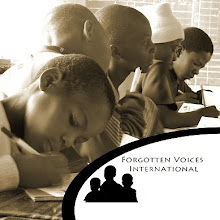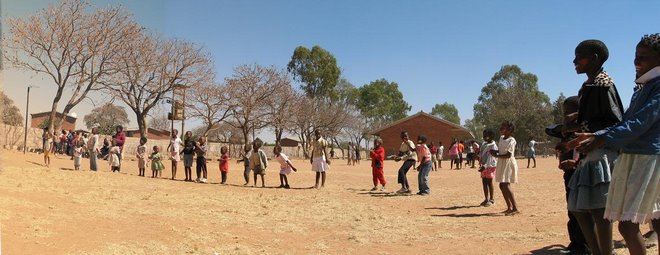In a change of tone, South Africa urged Zimbabwe’s government on Thursday to release results from the disputed March 29 presidential election that has thrown the nation into political crisis.
Thabo Mbeki, South Africa’s president who has acted as a mediator between the opposition and government, had until now largely played down the political stalemate in Zimbabwe and counseled patience in dealing with its autocratic president, Robert Mugabe.
But on Thursday, a government spokesman described the situation in Zimbabwe as dire. “When elections are held and results are not released two weeks after, it is obviously of great concern,” the spokesman, Themba Maseko, told reporters. Mr. Maseko was speaking in Cape Town after a cabinet meeting.
“South Africa, like the rest of the world, is concerned about the delay in the release of the results and the anxiety that this is generating,” Mr. Maseko said.
Mr. Mbeki has been a strong supporter of Mr. Mugabe, and it was not immediately clear whether Mr. Maseko’s statement Thursday reflected a change of position by Mr. Mbeki himself.
But Mr. Mbeki has been under criticism at home and abroad for his insistence on quiet diplomacy in dealing with the crisis in Zimbabwe, where the currency is nearly worthless and the economy has collapsed, bringing shortages of food and fuel and 80 percent unemployment. Millions of people have fled to South Africa, the biggest regional power.
Morgan Tsvangirai, the opposition leader in Zimbabwe, insists that he beat Mr. Mugabe outright in the elections, but the governing party says that neither man won and that a runoff may be necessary. Zimbabwe’s Electoral Commission continues to refuse to make the final figures public.
In a press conference in Johannesburg on Thursday, Mr. Tsvangirai issued strong criticism of Mr. Mbeki’s role in the crisis, saying that Mr. Mbeki “needs to be relieved from his duty" as chief mediator with the Mugabe government, Reuters reported.
At the weekend, Mr. Mbeki flew to Zimbabwe’s capital for a meeting with Mr. Mugabe, after which the two leaders emerged holding hands and Mr. Mbeki declared that he did not think Zimbabwe was facing a political crisis.
Despite Mr. Mbeki’s position, South Africa’s ruling African National Congress has described the situation in Zimbabwe as “dire.”
On Wednesday, Jacob Zuma, the A.N.C. leader, showed apparent widening disagreement with Mr. Mbeki over the country’s troubles. “The region cannot afford a deepening crisis in Zimbabwe,” he said, in a speech to South Africa’s Chambers of Commerce, Reuters reported.
Adding to the international expressions of concern, Secretary of State Condoleezza Rice said Thursday that Zimbabwe’s African neighbors had to do more to solve the crisis, as she described Mr. Mugabe’s last few years of rule as an “abomination.”
On Sunday, southern African political leaders in a meeting in Lusaka, Zambia, urged Zimbabwe’s government to let representatives of the opposition be present when vote tabulations were verified and to ensure that a presidential runoff, if needed, would be held ”in a secure environment.”
Earlier Thursday, Mr. Mugabe’s government accused Mr. Tsvangirai of working with Britain, the former colonial power, to topple Mr. Mugabe, who led Zimbabwe to independence and has been its leader for 28 years.
United Nations Secretary General Ban Ki-moon told the Security Council on Wednesday that he was “deeply concerned” by the delay in releasing the election results and said that international observers should monitor any second round of voting.
“The credibility of the democratic process in Africa could be at stake here,” Mr. Ban said.
Addressing the same meeting, Gordon Brown, the British prime minister, said it was obvious that Mr. Mugabe was trying to overturn an election that had gone against him.
“No one thinks, having seen the results at polling stations, that President Mugabe has won this election,” Mr. Brown said. ”A stolen election would not be a democratic election at all.”





No comments:
Post a Comment